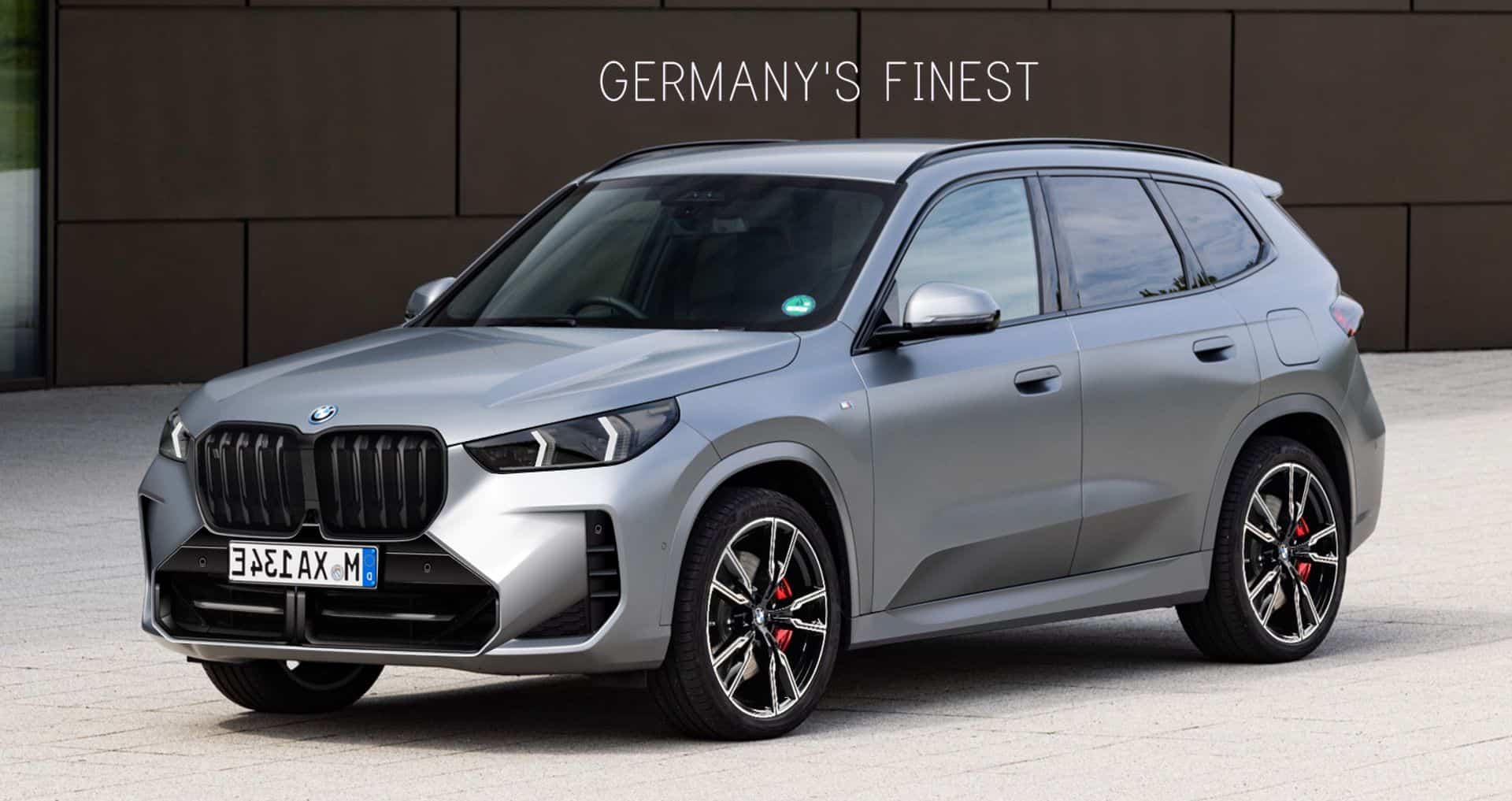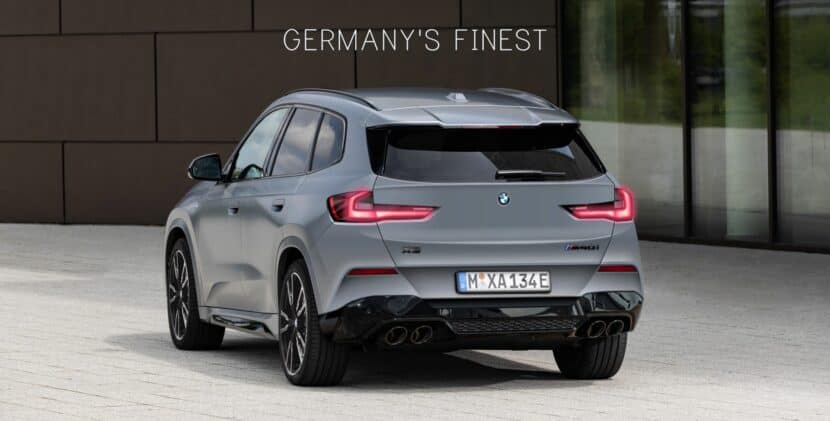
The current X3 has been in production at Plant Rosslyn since April 2018 and will be superseded by the next-generation model sometime next year. The announcement was made today by BMW South Africa, which pledges to invest 4.2 billion rand (about €205 billion or $225B at current exchange rates) to prepare the company’s first factory outside of Germany for a plug-in hybrid X3.
The plan is to build the X3 PHEV for global export markets once production gets going at some point in 2024. Other details about the luxury crossover were not released, but the model is believed to carry the G45 internal codename. Aside from the usual gasoline, diesel, and plug-in hybrid versions, there will be another iX3, but it will eschew its CLAR underpinnings for the new dedicated Neue Klasse architecture.

BMW is said to push the next-gen X3 upmarket and transition the M Performance version to the M50 suffix. The gas models are allegedly dropping the “i” at the end of their names while the electrified variant could be called 30e xDrive. There’s still going to be a fully fledged X3 M but chances are it will lose the pure ICE setup in favor of a plug-in hybrid system based around an inline-six.
The announcement about making the plug-in hybrid, next-gen X3 in South Africa coincides with the 50th anniversary of BMW Plant Rosslyn. The factory itself has been making cars since 1968 but it wasn’t until 1973 when the German luxury brand fully took over to establish BMW Group South Africa and BMW Plant Rosslyn. More than 1.6 million cars have been produced to date, most of which have been multiple generations of the 3 Series manufactured over the course of 35 years.
The 3er F30 bowed out in 2018 when it was replaced by the X3, which is currently the best-selling BMW model in the world. Other models that were produced in South Africa included the 1800 SA and 2000 SA as well as the 7 Series. There were also some special regional models based on the 3 Series, namely the 325is Evo I and Evo II as well as the 333i and 333i Turbo.
Source: BMW
